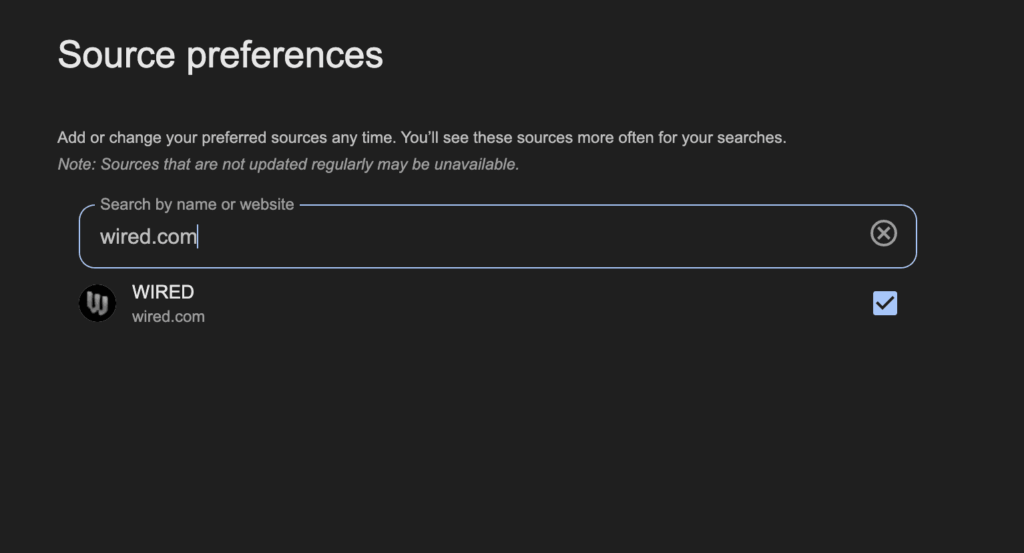Have you noticed Google feeling a bit…off lately? Finding the search results you need has become increasingly challenging. Between AI-generated summaries and unpredictable algorithm shifts, navigating the world’s most popular search engine can feel like traversing a minefield. This isn’t just frustrating for users; it’s also impacting publishers significantly.
This isn’t a new phenomenon; Google tweaks its algorithms hundreds of times annually, with several major core updates causing noticeable changes. However, recent adjustments, sometimes referred to as “Google Zero,” have resulted in substantial traffic drops and lower rankings for many websites, even those previously performing well. The reasons are complex, but AI-driven summaries are playing a significant role.
What Happened? 📝
Google’s increasing reliance on AI to provide quick summaries of search results has led to several issues. These AI-generated overviews, while convenient, often direct users away from the original source articles. This deprives the original publishers of valuable traffic and revenue. Furthermore, the AI summaries themselves can sometimes contain inaccuracies or “hallucinations,” presenting information that is simply wrong or misleading.
The shift towards AI summaries is a gradual process that has been ongoing for a couple of years, but the impact has become more pronounced recently. The concern is that users are becoming less likely to click through to the actual articles, relying solely on the often-incomplete and potentially flawed AI-generated summaries.
Understanding Google’s Algorithm Updates ⚙️
Google’s algorithm updates are a regular occurrence, designed to improve search relevance and user experience. However, these updates often have unintended consequences, causing significant fluctuations in website traffic and search rankings. Understanding these changes is crucial for both website owners and users.
While Google rarely reveals the specifics of its algorithm updates, the impact is undeniable. Websites that once ranked highly can suddenly see a significant drop in visibility, leading to decreased traffic and potential revenue loss. This uncertainty makes it challenging for website owners to adapt and optimize their content effectively.
The Rise of AI Summaries and Their Impact 🤔
The integration of AI-generated summaries into Google Search is a double-edged sword. While offering quick access to information, it potentially undermines the value of original journalism and content creation. The reliance on these summaries can lead to a decrease in visits to the original websites, impacting publishers and potentially reducing the quality of information available.
The accuracy of AI-generated summaries is also a major concern. These summaries are prone to errors and biases, potentially spreading misinformation. This highlights the importance of verifying information from multiple reputable sources and not solely relying on AI-generated snippets.
Taking Control: Google’s Preferred Sources Tool 🛠️
To address some of the concerns raised by these algorithm changes and the rise of AI summaries, Google has introduced a “Preferred Sources” tool. This feature allows users to prioritize specific websites and publications in their search results, ensuring that they see more content from sources they trust.
By selecting preferred sources, users can curate their search experience, seeing more content from their chosen publications. This helps to counteract the potential negative impacts of AI summaries by ensuring that trusted sources remain prominent in search results. This is a significant step towards empowering users to shape their online information consumption.
Key Takeaways 🔑
- Google’s recent algorithm updates have led to significant changes in search results, impacting both users and publishers.
- The increased use of AI-generated summaries can lead to inaccuracies and decreased traffic to original sources.
- Google’s “Preferred Sources” tool allows users to prioritize specific websites and publications in their search results.
- Understanding these changes and utilizing tools like “Preferred Sources” is crucial for navigating the evolving landscape of online search.
In conclusion, while Google’s algorithm updates are inevitable, understanding the underlying changes and utilizing available tools like “Preferred Sources” can help users reclaim control over their search experience and support the creators of valuable content. Stay informed, stay engaged, and stay in control of your online information diet, a crucial skill in the era of the ‘vanishing reader’.
Source: How to Add WIRED as a Preferred Source on Google (2025)



